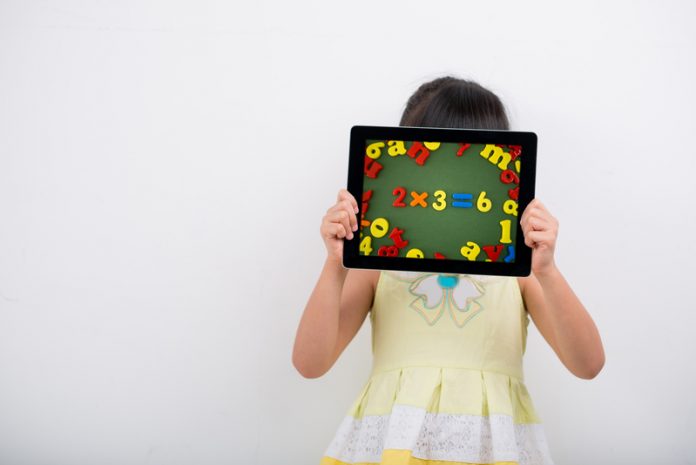According to a recent survey, over 50% of teachers believe that technology in the classroom has hindered the interpersonal skills of pupils the most
Technology has drastically evolved the way in which school teach and children learn. The wide adoption of smartphones and tablets by students inside as well as outside the classroom have made studying more engaging and interactive.
Consequently, the unquestionable benefits of introducing technology in the classroom has encouraged schools to annually spend £900m on education technology.
With recent figures from The Prince’s Trust showing that 31% of teachers consider the development of soft skills more important than achieving good grades, teaching specialists TeachingAbroadDirect.co.uk analysed findings from global education technology company Promethean World, who surveyed over 1,600 educators from across the UK to see if teachers believe technology has hindered the ability for students to learn and acquire soft skills.
The research found that 63% of teachers think technology has hindered the interpersonal skills (collaboration, listening, manners etc) of pupils the most.
Thereafter, 58% of the teachers feel technology in the classroom has deterred the emotional intelligence of pupils (the ability to understand and manager their own emotions, as well as others.)
Communication is the third skill which teachers consider to have been significantly affected by technology in the classroom at 41%.
However, only 7% of teachers believe technology has setback the researching capabilities of pupils. Just slightly above by 1%, only 8% of teachers think a pupil’s technical literacy has been harmed by the presence of technology in the classroom. Due to the long amounts of time that pupils now spend interacting with technology – they are now more digitally savvy and competent than ever before.
Moreover, 57% of teachers place online assessment as the technology which will have the biggest growth in education over the next five years.
Within the same time frame, 56% of teachers think online content and resources is the technology that will have the next most substantial growth, followed by cloud-based lesson planning and delivery tools (41%).
Merging traditional teaching and technology
Andrew Lynch, a spokesperson from TeachingAbroadDirect.co.uk commented: “There is no doubt that technology has transformed teaching. It has facilitated teachers to better prepare themselves for lessons and aid the learning process for students.
“Despite this, what this research shows is that teachers have concerns about how technology is adversely affecting the soft skills of pupils; which are fundamental for their successful transition into the working world.
“To overcome this apparent problem, the education system needs to configure how best to merge traditional teaching and technology without compromising on the development of soft as well as hard skills”.












When I’m interviewing one of these victims, they can’t separate from the technology long enough to be effective at the interview. We are reaching a level of “incapacity” as a result of our “advancement”. No one says “HI” in the elevator because we are too busy being social in our telephones.
It’s interesting you refer to them as ‘victims’.